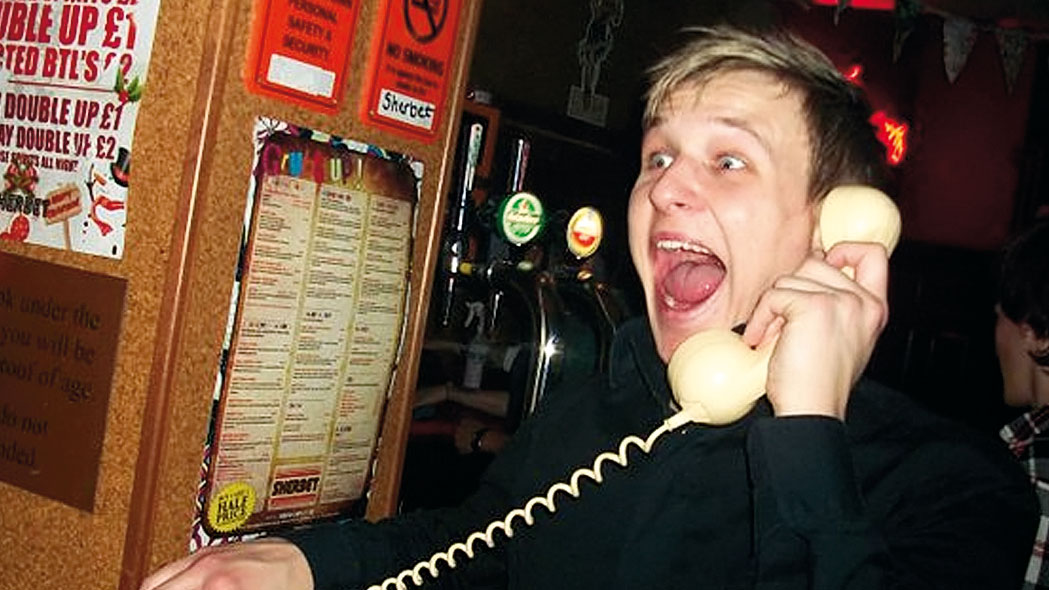Voice calls are a bigger 4G headache than data
Superfast data, super-slow calls

Sign up for breaking news, reviews, opinion, top tech deals, and more.
You are now subscribed
Your newsletter sign-up was successful
4G is here, bringing superfast data to the palm of our hands, but while we consume more content on our handsets it appears a rather important part of what constitutes a mobile phone has been left behind - voice calls.
When making the decision whether or not to make the switch between 3G and 4G, performance of voice calls probably doesn't come to mind - they'll just keep on working just the same, right? Wrong.
"4G networks at the moment don't actually have a voice service, so the handset has to drop back to either 3G or even 2G to make a call," Phil Sheppard, responsible for Three's 4G technical program, told TechRadar.
"It's an underlying assumption that your voice service will work just as well on 4G as it will on 3G."
Top 4G complaint
Three is the first to admit that it's slow to the 4G game with EE, O2 and Vodafone all launching their superfast services before it, but that extra time has allowed Three to study issues its competitors faced.
"We've seen a lot of the complaints of the other 4G operators have been around voice performance. It's been very slow to move across from 4G to 3G, or it's failed to move across at all," Sheppard revealed.
"We spent the last two months really optimising that and just testing, tweaking and re-modifying things. Technically the handset has to do a bit more work, so it's really important to make it fast and we've now got it down to a point where people really can't tell the difference."
Sign up for breaking news, reviews, opinion, top tech deals, and more.
It's not just voice calls which Three has been focussing on however, as data is still clearly the big draw for 4G.
"We want to make sure data performance is really good as well, so what we're doing is we're taking clusters of sites, maybe 20-30, and doing a drive test all the way round each one to ensure the handover between the sites works.
"What you don't want to do is move from one site to the next and the network drops and has to reconnect. We've got it sorted now and it's pretty much 100% in terms of moving in and out of different sites in the areas where the 4G network is live."
There's still a long way to go though, as Three needs to cover all 14,000 sites it has across the UK in its van - something it hopes to have completed by the end of 2015 where it predicts 98% population 4G coverage.

TechRadar's former Global Managing Editor, John has been a technology journalist for more than a decade, and over the years has built up a vast knowledge of the tech industry. He’s interviewed CEOs from some of the world’s biggest tech firms, visited their HQs, and appeared on live TV and radio, including Sky News, BBC News, BBC World News, Al Jazeera, LBC, and BBC Radio 4.